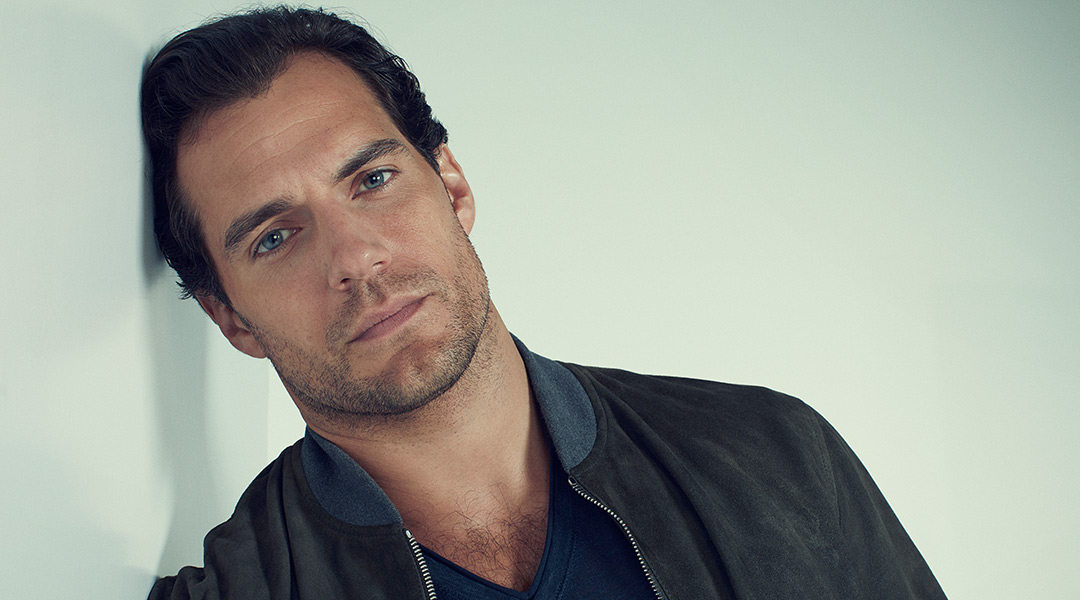Cracking open the spine of the lore and legend of The Witcher, Henry Cavill walks us through the dense, diverse, and distinct multiverse of magic, mayhem, and morals in this MEGA Man exclusive.
Related:The Ballad Of Ben Platt: Why The Politician Star Is The Most Important Actor Of His Generation
“Tell me your majesty, why do you risk your life on the battlefield when you can rest on your throne?” asks a gritty Geralt of Rivia, as he sits at the right hand of a steely Queen Calenthe in the court of her castle. The words tumble out from his pursed, clenched mouth pierced and pointed, as if essaying a purpose to every syllable uttered in a coarse cadence and modulated timbre. “Because there is a simplicity in killing monsters, is there not?” the royal counters, as if edging out her pedigree and privilege in the guise of equal footing with the infamous mutated monster-hunter.
At the halfway mark of Netflix’s foray into the lore and legend of epic fantasy, arguably as paved and made mainstream by Lord Of The Rings and Game Of Thrones, The Witcher pivots into an existential discourse of destiny as a raucous erupts into a sword-fight, before climaxing to a cathartic scream of magic that shifts the grip of power altogether. Here lies the inherent beauty of the made-for-streaming series led by Lauren Schmidt Hissrich.
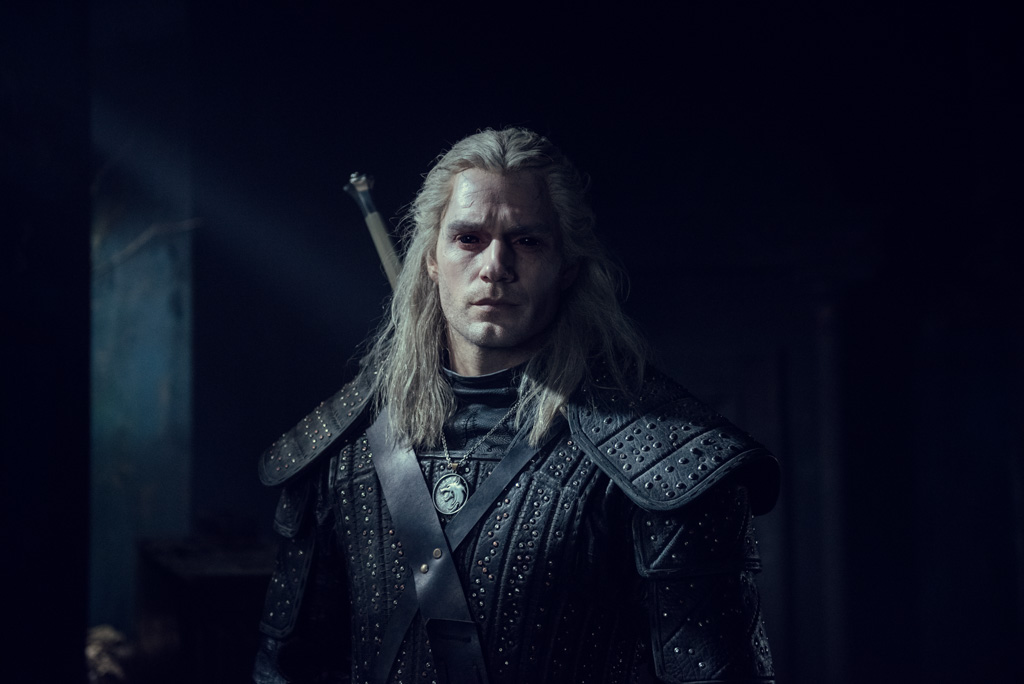
Accessing the nuance of duality, as well as of the ironies that beleaguer the realm of medieval-meets-magic fiction, The Witcher brings forth a more realized story that throttles a much more necessary conversation we need to engage in today. A fully fleshed out adaptation of the books by Polish author Andrzej Sapkowski, which saw a genesis from short stories published in the sci-fi magazine, Fantastyka, as well as of course, the wildly popular CD Projekt Red video game, The Witcher follows the story of Geralt of Rivia, as he navigates his destiny that straddles between a definition dictated by the world he moves in and one that is more internalized.
Perhaps it is this same telling of destiny that meant the universe for Henry Cavill to suit up in the hefty armor of the reviled bounty hunters treated as social pariahs in the primitive caste system of The Continent. A long-time fan of the game, which he actually spent a lot of time completing, the actor exerts a deeper understanding of the character’s truth that it completely obliterates the perception of hard-headed fans of their imagined Geralt of Rivia. With a curtain of ashen hair that sits on his pallid skin, the actor builds his character to be obviously physically intimidating, only to be betrayed by the piercing yellow gaze that supersedes his exterior with a turbulent turmoil that speaks even without a word uttered.
“A lot of people say everything happens for a reason, and that can often be very related to, for example, an actor not getting a role. ‘Oh, don’t worry, everything happens for a reason.’ And for me personally, I think we have the potential of a destiny, and that destiny can shift, but it’s all about our choices leading to that point, which allow that destiny to happen,” he begins in this exclusive roundtable interview during his recent and dare we say, monumentally memorable stop in Manila. “It kind of sounds like I’m contradicting myself, because destiny is supposed to be predestined, but I think the wonderful thing about something like destiny is that we are making it as we go along. So yes, there are certain things in there that you have to make. It’s like playing the game, especially The Witcher. You have to make the right choices throughout to achieve whatever destiny you achieve at the end of the game. And there are different endings of the game. That for me is a really good representation of what I believe when it comes to destiny.”
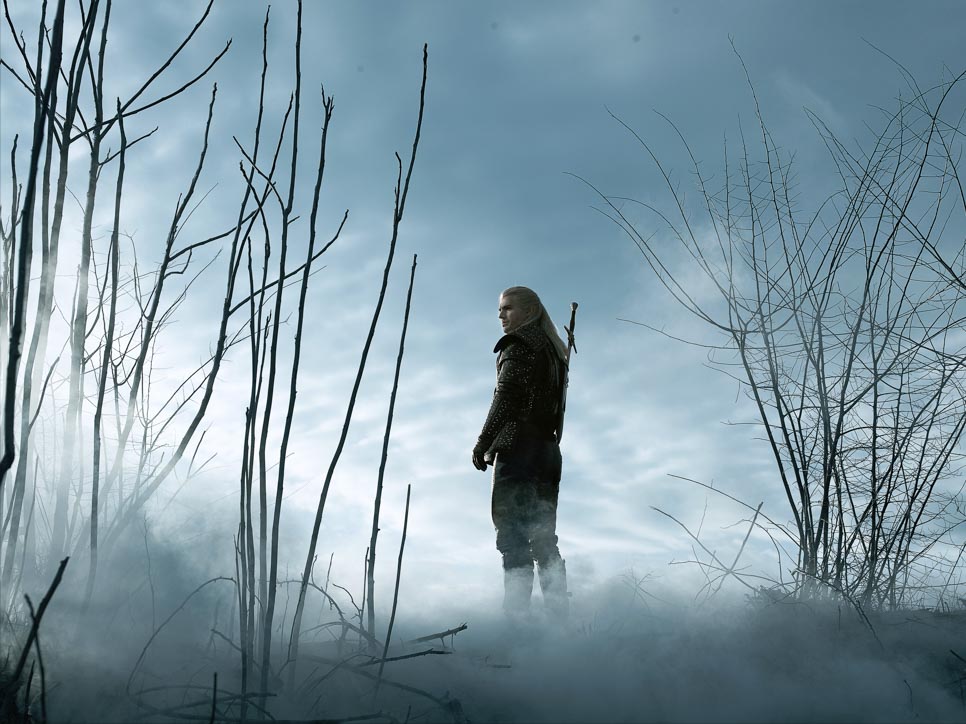
While Witchers are perceived to exist with a stunted perception of emotion, often accused of being devoid of it, Henry Cavill charges with his eagle-eyed intent to shape this more human side to the character, which is essentially his life’s ethos. “That’s exactly what I was going to say. The wonderful thing about it is that as much as it’s a fantastic setting, where you have a Witcher, who is basically a super soldier, but at the same time, they are very much like us, especially Geralt. He is presented in this hard, stony way as a cold, merciless killer, but that’s the exact opposite of who he is on the inside. And to play with that as an actor, to exist within both of those spheres is wonderful and something which I really, really enjoy,” he explains, often gesticulating as if orchestrating this grand symphony of his character’s nuanced hubris. “We often paint these characters, where we’re talking about what is good and what is bad and society, as one thing rather than the other. But the reality is, often someone who is good may have to commit great violence to commit the deed that is good, whether it be saving a child or something. And if you then have the violence exist in a vacuum, that person’s a villain, but you add the big picture, that person’s not a villain, and then you add a bigger picture and maybe for someone else, he’s still a villain. That is what The Witcher is about, and I love accessing that because it’s so real world.”
Geralt of Rivia is no utopian character, nor does he aspire to be one. Guided by his own gnarled morals and values, his journey initially drifts through the underbelly of life with the sole intent to survive a world at war, further complicated by racism, prejudice, misogyny, and the disenfranchisement of power. However, as the story progresses, his mission becomes less about the pernicious genesis of his character, but more of a pursuit to unravel his gnawing philosophy of how humans are often the greatest monsters of all, even more so than the creatures he has to face and often get drenched in their sticky saliva and curdling wash of warm blood.
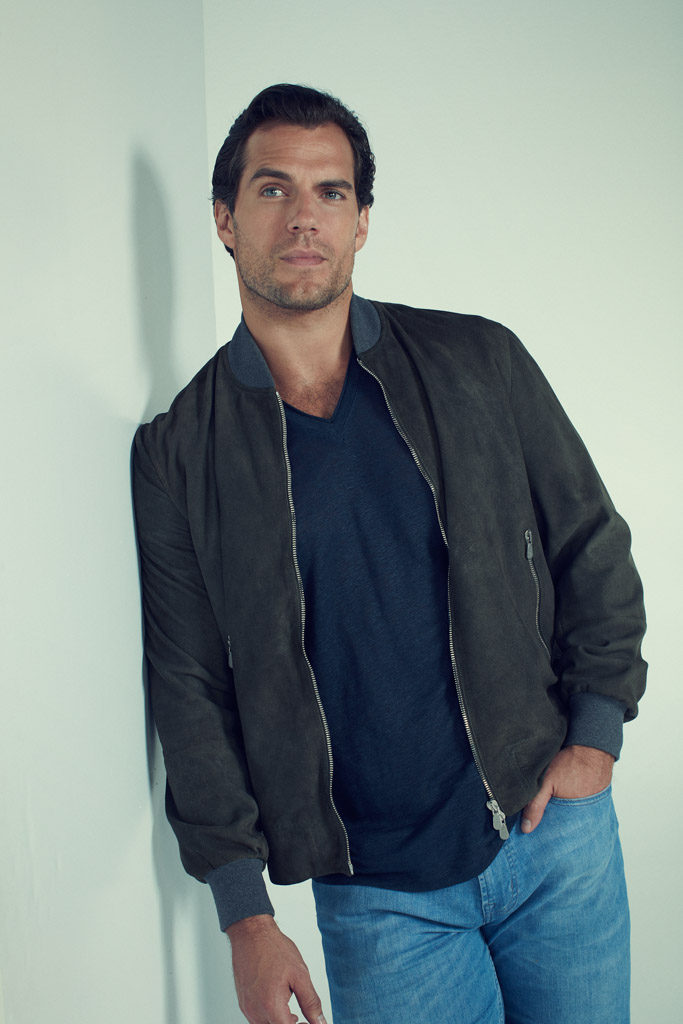
“For me, the interesting thing is that Geralt’s not an anti-hero. He is an interesting access point to a typical white knight hero, it’s just in a setting where he’s not allowed to exist as a white knight, no one else is,” he challenges, in an interpretation that is all at once, stoic, calculated, and refreshing with an intricate layer of demanding depth that completely annihilates his previous skirmishes with the fantastical sort. As The Witcher continues to explore the world that struggles to accept him and his ways, there exists a space for him to subvert the tropes of what people expect of his character to be, coloring it with warmth that brings him closer to human than the brashy and icy chassis of a man that pummels through destiny.
Unlike the paradigm that this narrative exists in, this sort of procedural creature-versus-man-versus-society fantastical zeitgeist, The Witcher is a rich tapestry of human conditions, circumstance, and conflicts that make it a gripping, jaw-dropping, edge-of-your-seat type of watch. As moody and brooding as it presents itself to be, the Netflix Original reveals itself to be a sort of tragicomedy in the same plane that Shakespeare and Dickens bookends in the revered section of classic literature, as evidenced by a clever use of humor to give the somber and weighted exposition the buoyancy and exhale it needs to latch on into your consciousness. Henry Cavill, along with the stellar and stirring assemblage of actors to form the diverse characters of the The Witcher evoke this raw, realistic, and riveting portrayal that keeps you engaged in this constant swinging of the pendulum from what is arbitrarily good to evil.
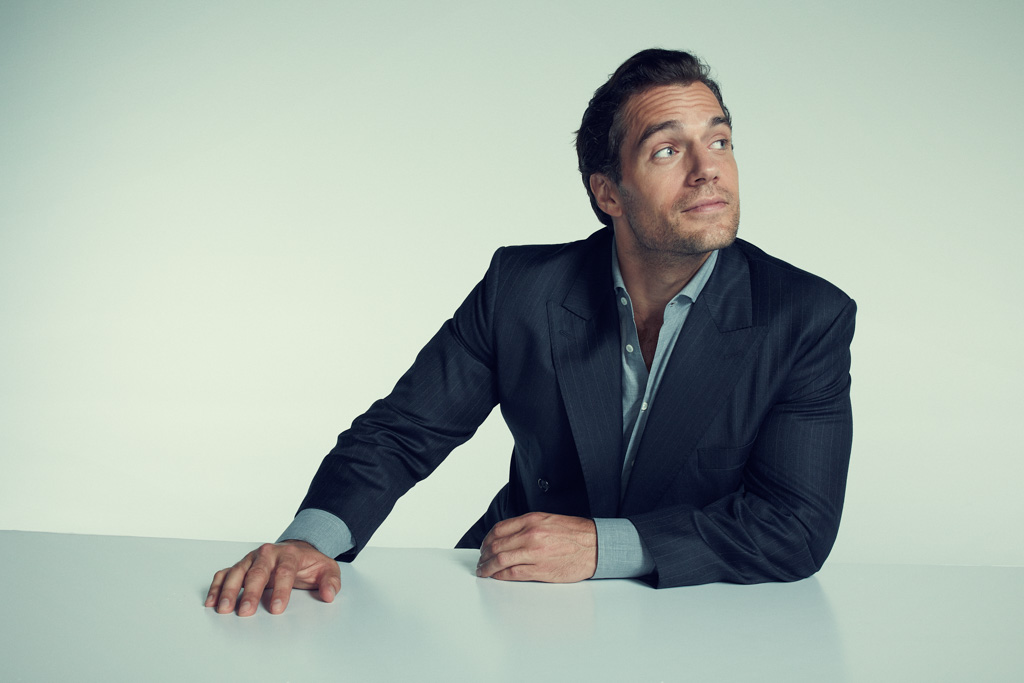
“I think, especially with the fantasy genre, because it’s such a wonderful access point to real world issues, that people should go in and then experience it—and take from it what they want. I think it’s a dangerous game to go in with preconceived premises in your head, because then you’re most likely going to be disappointed. It’s about enjoyment, and along the way, maybe learning something about oneself, defending one’s perception,” Henry explains. “People have different impressions and ultimately, it’s enjoyable to have [space to create.] I’m not the boss, Lauren is the boss. She makes all the final decisions. I will have, and Lauren’s very generous by allowing me my input. And so for me, it’s just about expressing everything that I would like and showing her the options that she has with me. And then she can make whatever decisions she needs to make depending on what I provided.” In the end, especially for Henry, it is all about the greater good of the show and the story they want to tell. Much like how he has taken up and fully settled into Geralt of Rivia, Henry Cavill gets to define who that person is: an intrinsically sentient being that gets to dictate who they are, and not how humanity chooses to paint them to be.
“Is there not a man amongst you who does not cower before destiny? You, witcher, who has known a monster of every fang and claw, are you afraid, too?” howls the Lioness of Cintra at the episode’s standstill, provoking Geralt in the process of intervention.
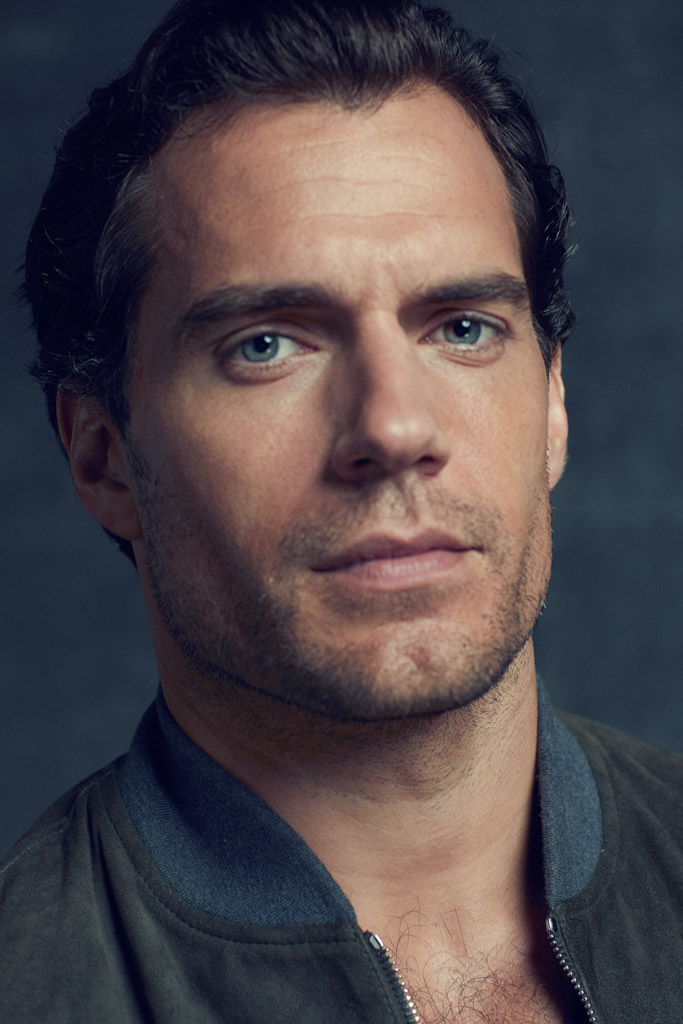
“No,” he says, resolute in a breath of chilling baritone. “I’ve seen mothers lash themselves raw over the death of a child, believing they crossed destiny, ignoring the stench of the 50 other children in the plague cart outside. Destiny helps people believe there is an order to this horseshit. There isn’t. But a promise mad must be honored, as true for a commoner as it is for a queen.”
In the end, no physical weapons were wielded to elicit a defeat of predilection, annihilating the wall of a detached dramatic exterior with only a strength of words. With no clear victors, this is where the lifeline of The Witcher will thrive to spiking success—by pushing the narrative forward with a distinct respect for the human condition in the multiverse of magic, mayhem, and morals.
A Netflix Original Series, The Witcher is available for streaming now.
